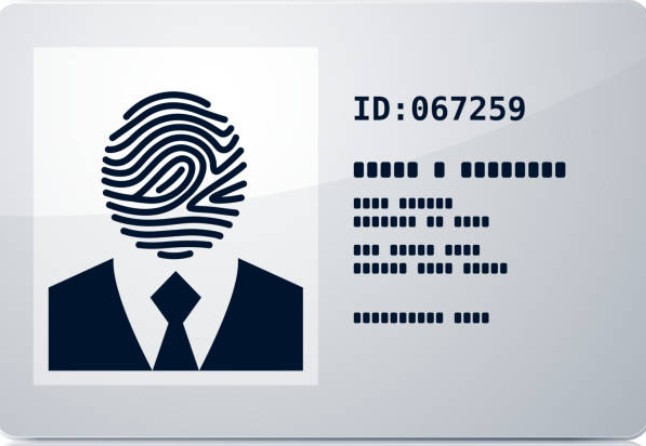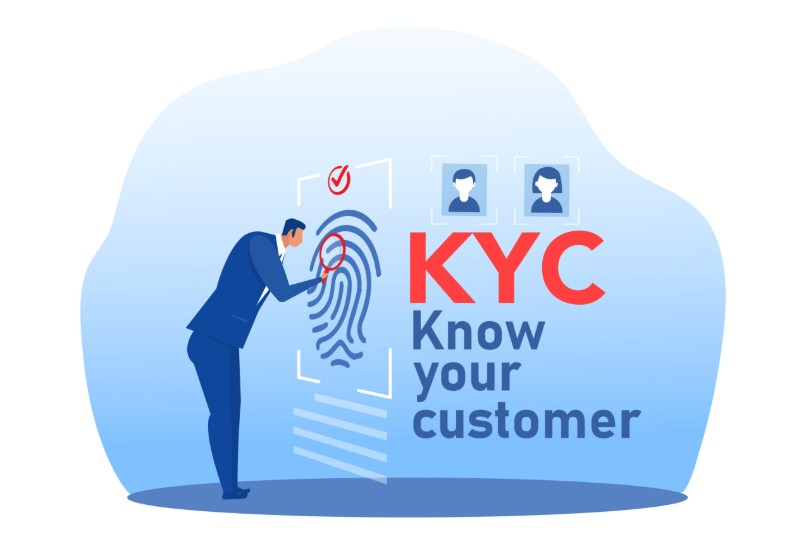Opening a dedicated business bank account is a crucial milestone in starting and growing a successful company. In the UK, a corporate bank account is not just a convenient tool for managing finances; it’s a legal and professional necessity. Whether you’re a new startup or an established business, having a dedicated account for your company’s financial transactions is crucial for several reasons, including tax compliance, financial transparency, and overall business credibility.
This guide will provide you with all the essential information for opening a corporate bank account in the UK, covering everything from required documents and compliance procedures to fees and frequently asked questions. Let’s dive in!
Why Is a Corporate Bank Account Crucial for Your Business?
Before you start gathering documents or making bank appointments, it’s essential to understand why a corporate bank account is a must for your business.
The Legal Benefits
A business bank account separates personal and business finances, which is vital for many reasons.
- Tax Compliance: Keeping personal and business expenses separate makes it easier to prepare accurate tax returns and file your accounts with Companies House.
- Business Structure: It solidifies your business as an independent entity, which is important for your legal structure. Whether you are a limited company, partnership, or limited liability partnership (LLP), a corporate account is crucial.
- Professionalism: Having a dedicated business account allows you to make payments and receive funds in a way that looks more professional, building trust with clients, suppliers, and investors.
Operational Benefits
- Simplified Accounting: A corporate account provides a clear overview of your business finances, making it easier for accountants or financial professionals to track transactions.
- Business Loans and Credit: Banks typically require a corporate account for assessing your business’s creditworthiness, making it essential if you ever need a loan or credit facility.
- Payment Processing: Business accounts often come with features like point-of-sale (POS) systems, invoicing tools, and business credit cards, all of which are critical for running a business smoothly.
What Do You Need to Open a Corporate Bank Account?
To open a corporate bank account in the UK, you’ll need to provide specific documentation that allows the bank to confirm your identity and meet regulatory requirements. These documents also help the bank understand the structure of your business.
1. Proof of Identity for Directors

The bank needs to verify the identity of all directors and significant shareholders of the business to prevent fraud, money laundering, and other financial crimes.
Required Documents:
- Valid passport (UK or EU)
- National identity card (for EU residents)
- UK driving license (for UK residents)
2. Proof of Address for Directors
You’ll also need to provide proof of the director’s or shareholder’s residential address. This is to confirm that you are a legitimate UK resident or to establish your presence in the UK.
Commonly Accepted Documents:
- Recent utility bills (electricity, gas, or water)
- Recent bank or credit card statement
- Council tax bill
- Tenancy or mortgage agreement
3. Business Verification Documents
Before opening a corporate account, it’s essential to ensure your business is officially registered. Banks will require a series of documents to verify that your business is officially established.
Required Documents:
- Certificate of Incorporation – This confirms that your business has been legally registered with Companies House.
- Companies House Registration Number – To confirm the authenticity of your company, you will be required to submit its registration number.
- Business Plan or Overview – For startups or new businesses, banks often request a business plan to assess the viability and potential financial activity of your company.
- Details of Shareholders and Directors – Full names, roles, and ownership percentages of the key individuals involved in the business.
- Projected Turnover – Some banks require a forecast of your company’s financial performance, especially if you are a new business or startup.
What Compliance Checks Will the Bank Carry Out?
Customer Identification (CI) and Fraud Prevention (FP) Procedures

Banks in the UK are required by law to perform due diligence before opening a corporate account. This is to guarantee adherence to Know Your Customer (KYC) and Anti-Money Laundering (AML) guidelines, which aim to protect against fraud, money laundering, and the financing of terrorism.
What Does the Bank Do During This Process?
- Identity Verification: The bank will check the identities of directors and major shareholders to ensure they match the information provided.
- Background Checks: The bank may check the background of the business and the individuals involved to ensure no links to financial crimes.
- Source of Funds: Banks often ask for details on where the business’s money is coming from. This enables them to verify that the money is genuine and not associated with illegal activities.
What Happens If There’s a Problem With the Checks?
If there are any issues or discrepancies during the KYC/AML process (such as missing information or concerns about the origin of funds), the bank may request further documentation or clarification. In some cases, this could delay the account opening, so it’s important to ensure that all documents are accurate and up-to-date.
What is the typical timeframe required to establish a corporate bank account?
The process for opening a corporate account can vary depending on the bank and the complexity of your business. In most cases, the following timeframes can be expected:
| Type of Bank | Average Setup Time | Key Considerations |
|---|---|---|
| Online-Only Banks | 1–5 working days | Quick processing, less paperwork required |
| Traditional Banks | 7–30 working days | More thorough checks and potential meetings |
Factors that Could Delay the Process:
- Incomplete or inaccurate documentation.
- Additional checks if the business involves international trade or complex ownership structures.
- Verification of high-risk industries (e.g., finance, gambling).
What are the fees for a corporate bank account?

Opening a corporate bank account in the UK may be free initially, but banks will often charge fees for ongoing services. Grasping these fees in advance is crucial to prevent any unexpected charges down the line.
Monthly Account Fees:
- Basic Accounts: Some banks offer free accounts for startups or low-transaction businesses. These accounts usually come with basic features but are a good starting point.
- Premium Accounts: For businesses that need more features (e.g., higher transaction limits, international transfers), monthly fees typically range from £5 to £20.
Transaction Fees:
Banks may charge per transaction, whether it’s an in-branch payment, an online transfer, or a direct debit.
Additional Charges:
- Overdraft Fees: If you exceed your account balance, the bank may offer an overdraft facility with interest charges.
- International Payment Fees: If your business deals with foreign clients or suppliers, expect to pay a fee for international transfers.
- ATM Charges: Some banks charge a fee for using ATMs outside of their network.
| Bank Name | Monthly Fee | Free Banking Period | Transaction Fees | Notable Features |
|---|---|---|---|---|
| Barclays | £6.00 | 12 months | £0.30 per transaction | Accounting software integration |
| HSBC | £6.50 | 18 months | £0.25 per transaction | Global business banking |
| Lloyds Bank | £7.00 | 18 months | £0.20 per transaction | Access to business management tools |
| NatWest | £5.00 | 18 months | £0.15 per transaction | Alerts and notifications |
| Starling Bank | £0.00 | N/A | Free transactions | 24/7 support, no monthly fees |
What If You’re a Non-UK Resident or Just Starting a Business?
Can non-residents open a corporate account in the UK?
Non-UK residents can open a corporate account, but some banks require a UK-based director or business address. However, online banks and fintech companies are often more flexible with international entrepreneurs and may offer easier solutions for non-residents.
Can Startups Open a Corporate Account Without Trading?
Absolutely. New startups or businesses that are not yet trading can still open a corporate account. Achieving this may require you to submit:
- A business plan details your company’s structure, offerings, and expected financial growth.
- Estimated turnover and financial projections for the first year.
- Proof of legal registration with Companies House.
Conclusion
Opening a corporate bank account in the UK is a multi-step process that ensures your business meets all legal and financial standards. By gathering the necessary documents, understanding the costs, and being prepared for compliance checks, you can set up your business account smoothly.
A corporate account not only enhances your business’s credibility but also simplifies daily operations and tax reporting, allowing you to focus on growing your business. Always choose the bank and account type that best aligns with your business needs and consider future growth when making your decision.
FAQs
Do Sole Traders Need a Business Bank Account?
While it’s not a legal requirement for sole traders, it is highly recommended to open a distinct business bank account. It simplifies tax filing, improves professionalism, and keeps your personal and business finances distinct.
Can I Open an Account Without a UK Address?
In the UK, many conventional banks typically mandate that at least one director provide a UK-based address. However, some online-only banks might allow businesses to open accounts without this requirement, especially if you are operating remotely or internationally.

Leave a Reply